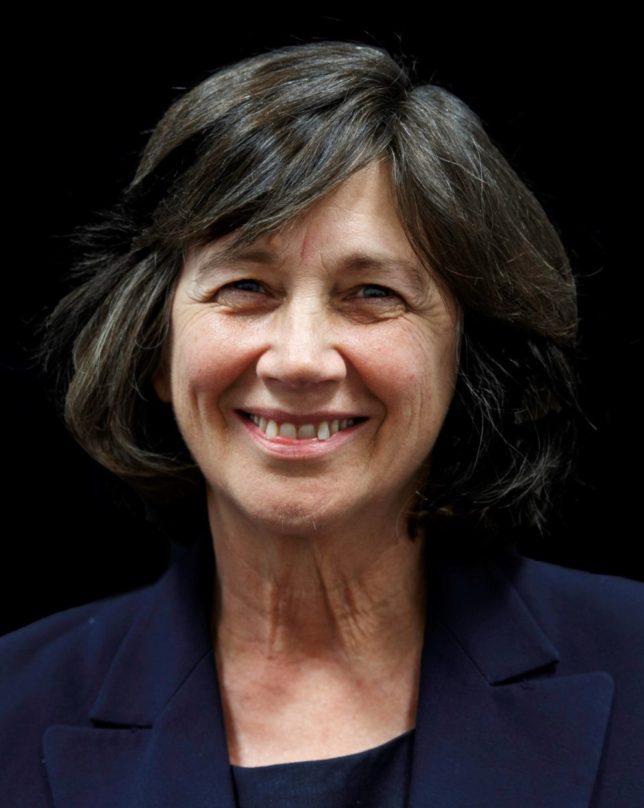
bro·ken·ness
noun
1. the state of being forcibly separated into two or more pieces; fragmented; shattered
2. malfunctioning; not working or not working properly
3. completely subdued or crushed by grief
There’s a special providence in the fall of a sparrow. If it be now, ’tis not to come. If it be not to come, it will be now. If it be not now, yet it will come—the readiness is all.
Young prince Hamlet speaks these lines in the Shakespeare play named after him, rendered poignantly by actor David Tennant in the clip below. As a literature professor at Southeastern University, I see this scene class after class, semester after semester, year after year. I never grow tired of it. Tennant’s delivery continues to move me, but it is Robert Jones’s staging of the scene that plummets me into new depths of seeing as I contemplate with Hamlet the reflection of broken human beings in the fractured mirror of our realities.
That mirror riveted my attention this semester. How can anything but greater brokenness come from brokenness if we process ourselves with broken tools? According to the apostle Paul, “we see in a mirror darkly… [we] know in part…”
Fragmented knowing is broken knowing. Such knowledge cannot put Humpty Dumpty together again, even though it might help us carry on after his fall.
And “carrying on” is a slow dying, not life. When Hamlet ponders “it,” he is talking about death, the ultimate state of “forced separation,” the brokenness looming over all our horizons. He has been broken in every part of his being: heart, soul, mind, and strength. He cannot possibly act because his will—his decision-making faculty, the source of his strength—is broken, and with that breaking comes the breaking of his desire to live. The only thing left for the resolution of the play’s plot is his killing in the final act. The entire play is a mirror reflecting the inescapable trajectory of man’s journey to the grave.
But are the images in that broken mirror reliable? How wise are we to base our conclusions about ourselves, the people we love, and our broken places on such fragmented seeing?
And how might Shakespeare’s play be staged differently if the director understood Hamlet’s evolving brokenness as a coming-to-life of something, rather than the dying of it?
Perhaps, as we share, we will find that brokenness is not about dying, even though it feels and appears that way.
Perhaps the art of brokenness
is the art of letting life break in—the readiness is all.

